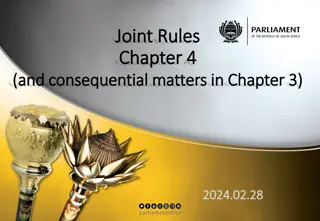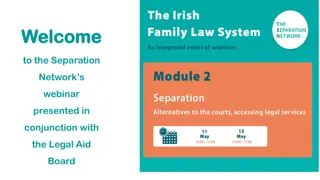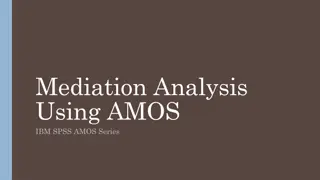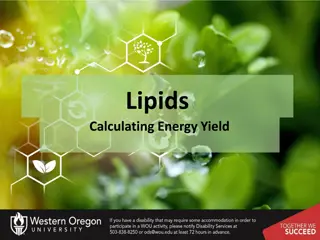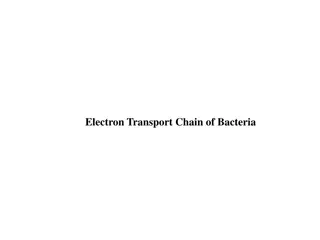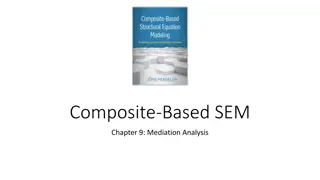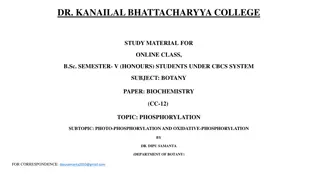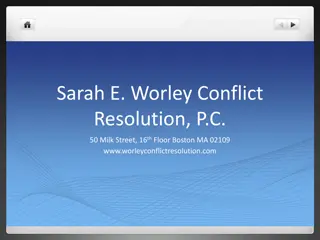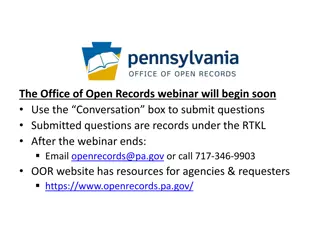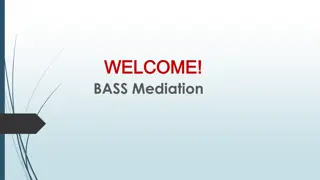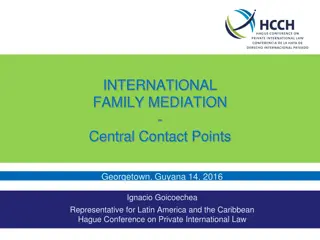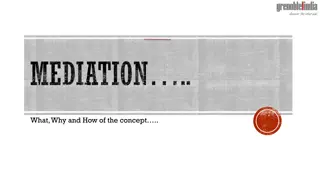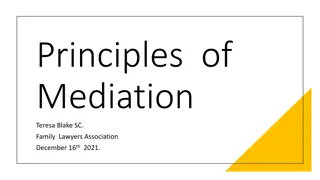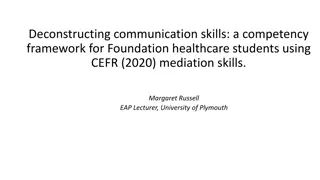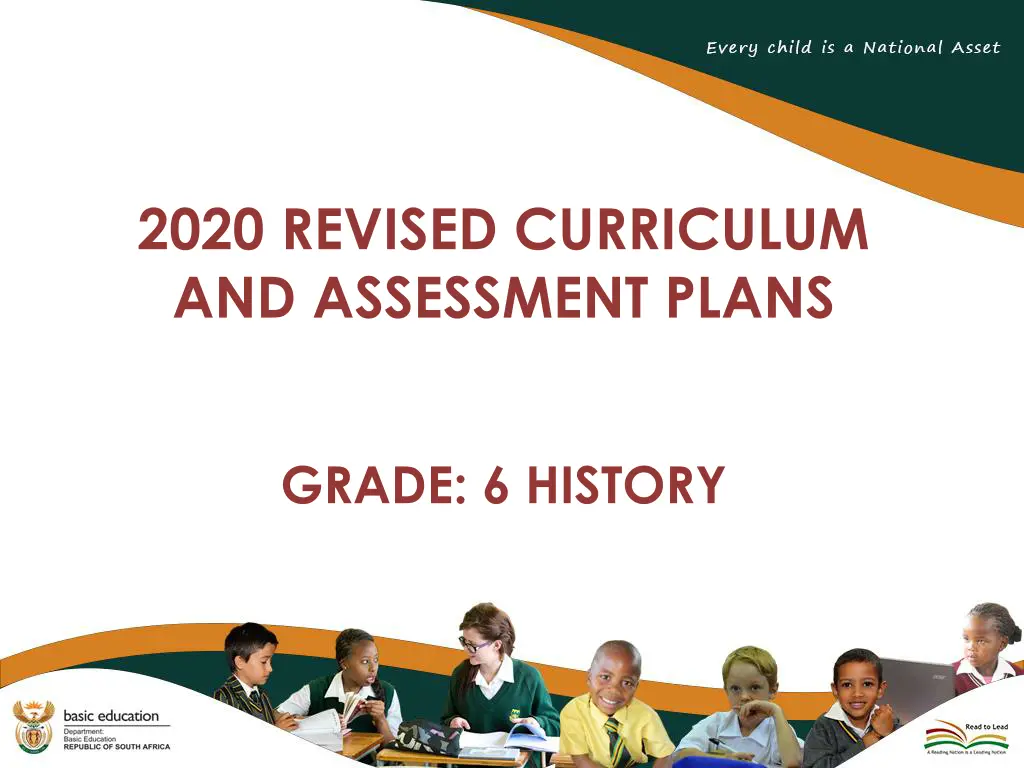
2020 Revised Curriculum and Assessment Plans for Grade 6 History
Explore the amendments made to the 2020 Annual Teaching Plan for Grade 6 History, focusing on content overview, teaching plan adjustments, and school-based assessments. Understand the purpose behind these revisions to effectively guide educators in covering essential content and skills within the available time frame. Enhance teaching strategies and assessment planning for improved student readiness in subsequent academic years.
Download Presentation

Please find below an Image/Link to download the presentation.
The content on the website is provided AS IS for your information and personal use only. It may not be sold, licensed, or shared on other websites without obtaining consent from the author. If you encounter any issues during the download, it is possible that the publisher has removed the file from their server.
You are allowed to download the files provided on this website for personal or commercial use, subject to the condition that they are used lawfully. All files are the property of their respective owners.
The content on the website is provided AS IS for your information and personal use only. It may not be sold, licensed, or shared on other websites without obtaining consent from the author.
E N D
Presentation Transcript
2020 REVISED CURRICULUM AND ASSESSMENT PLANS GRADE: 6 HISTORY
PRESENTATION OUTLINE 1.Purpose 2.Amendments to the Content Overview for the Phase; 3.Amendments to the Annual Teaching Plan; 4.Amendments to School Based Assessment (SBA)
PURPOSE the amendments To trimmed and re-organised 2020 Annual Teaching Plan including School Based Assessment for Social Sciences Grade 6 for implementation stipulated in Circular S--. To ensure that meaningful proceeds during the remaining teaching time as per the revised school calendar. To assist teachers with guided pacing and sequencing of curriculum content and assessment. mediate of the in June 2020 as teaching
PURPOSE (CONTINUED) To enable teachers to cover the essential core content /skills in each grade within the available time. To assist teachers with planning for the different forms of assessment. To ensure learners prepared for the subsequent year/s in terms of content, attitudes and values are adequately skills, knowledge,
Amendments to the Content Overview for the Phase
CONTENT OVERVIEW FOR THE PHASE HISTORY TERM Grade 4 Grade 5 Grade 6 1 Local history Hunter-gatherers and herders in Southern Africa An African kingdom long ago in Southern Africa: Mapungubwe 2 Learning from leaders The first farmers in Southern Africa Explorers from Europe find Southern Africa 3 Transport through time An ancient African society: Egypt Democracy and citizenship in South Africa 4 Communication through time A heritage trail through the provinces of South Africa Medicine through time
AMENDMENTS TO THE CONTENT OVERVIEW FOR THE PHASE The content overview for History in the Intermediate Phase has not changed the main topics remain the same as prescribed in CAPS. Some of the content and concepts under the main topics have been omitted from the revised ATPs. The omission also took into consideration the number of teaching days available for teaching and assessment.
SUMMARY: CONTENT/TOPICS AMENDED Content/Topics Explorers from Europe find southern Africa Terms Amendment 2 The following content and concepts were omitted: The journey of Dias The journey of Da Gama VOC (Dutch East India Company) journeys Life of a sailor on a VOC ship. 3 No amendments Democracy and citizenship 4 Medicine through time The following content and concepts were omitted: How people are identified and trained to be healers Link between holistic and Western forms of healing today The first antibiotic (penicillin) and the role of Alexander Fleming Brief overview of discoveries which made this surgery possible: anaesthetics; avoiding infection; blood transfusions; X-rays.
INFORMAL ASSESSMENT Informal assessment is an important aspect of teaching and learning and should take place frequently, to monitor learners progress. Informal assessment should be used to provide feedback to the learners and to inform planning for teaching, but need not be recorded. Learners or teachers can mark these assessment tasks. Learners should read and write regularly, starting with sentences and paragraphs and building up to extended pieces of work.
Amendments School Based Assessment (SBA)
SUMMARY: REVISED PROGRAMME OF ASSESSMENT Term 1 Term 2 Term 3 Term 4 Test The test was administered, assessed and reported on as part of Formal Assessment during Term 1. June Examinations cancelled. Research project: A biography of a South African who has contributed to building democracy. Guidelines on the project have been provided. November assessment: Learners will write a formal assessment task based on the topics: Democracy and Citizenship and Medicine through time.
GRADE 6 SBA FOR 2020 Grade 6 History Term Content Form of Assessment 1 An African kingdom long ago in Southern Africa: Mapungubwe Test 3 Democracy and citizenship Research Project: A biography of a South African who has contributed to building democracy Formal Assessment (Test) 3 & 4 Democracy and citizenship Medicine through time
SUMMARY: END OF YEAR ASSESSMENT Types of Questions Content Marks Source-based and paragraph writing Term 3 content 25 Source based Term 4 content 15 TOTAL 40
CONCLUSION The revised CAPS must be used in conjunction with Social Sciences Intermediate Phase CAPS. Teachers can only assess what they have taught. Cognitive levels in both formal and informal assessment should be in accordance with Section 4 of CAPS. The revised Annual Teaching Plan is a provisional intervention that applies to 2020 due to the Covid-19 pandemic. More guidance on the SBA and End-of-Year weighting/ marks will be communicated at a later stage.
Contact Details Name: CES: Ms MK Modiba Department of Basic Education Tel: 012 357 4140 Email: modiba.k@dbe.gov.za

